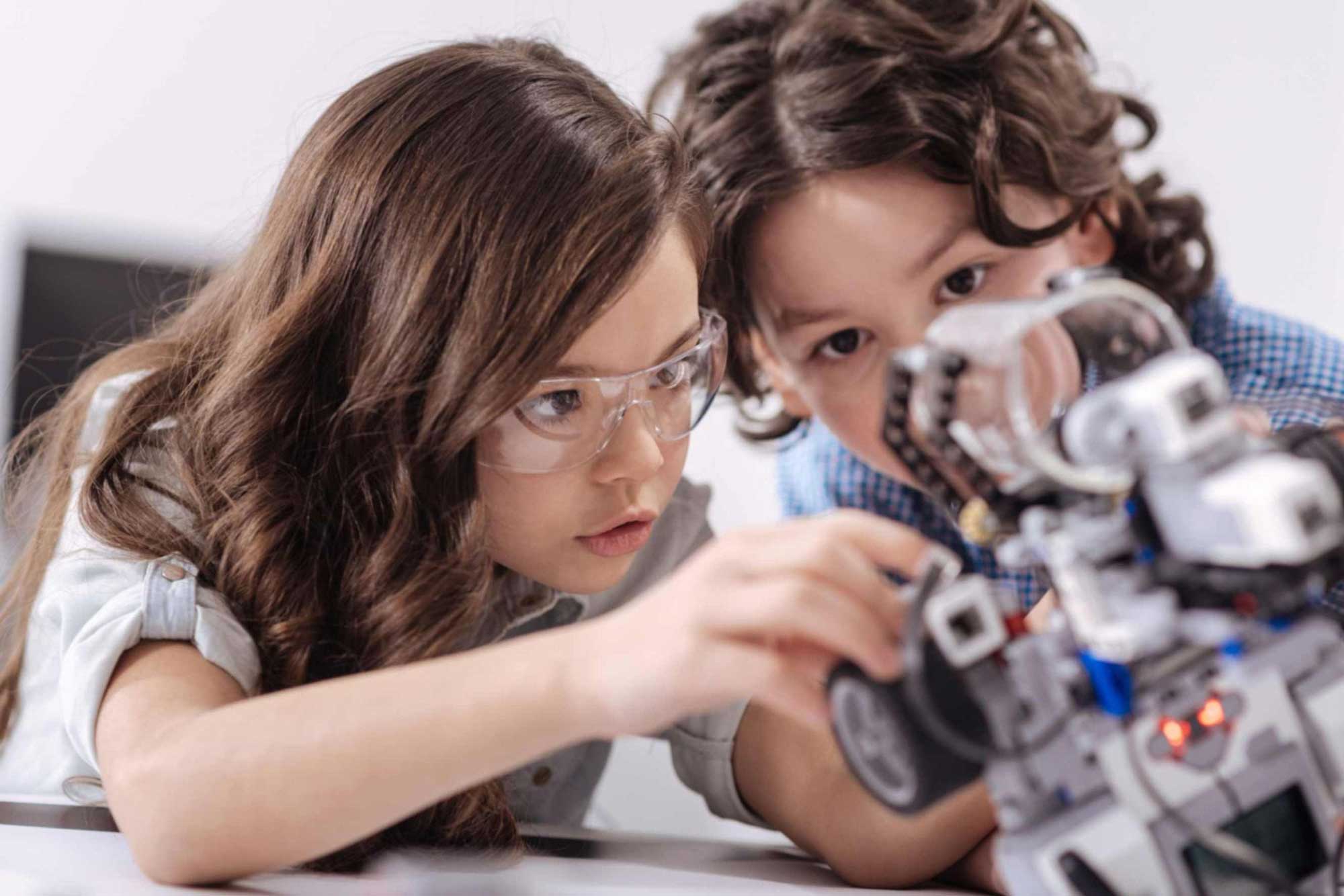
There is no doubt that teens value their friends and what they think of them. In fact, friendship is considerably one of the most important parts of adolescence. High quality friendships have been related to positive developmental outcomes, as well as mental health. Conversely, quality friendships can help to protect against the negative effects of hardships. But what about the way these friendships actually affect the brain itself?
Interestingly, there seems to be a connection between reward and friendships. There were a few areas of activation when a brain imaging study was done, having teens visualize their friends and having them determine whether they would approach them. However, two of note were the ventral striatum(VS) and the ventromedial prefrontal cortex (vmPFC). The VS has been well established on its role in reward in the brain, but the role of the VS and vmPFC has been hypothesized to form a valuation system in the brain. This means that they guide decision making by responding to rewards. These areas can be more activated during the sharing of emotions, such as watching an emotional video together.
If you want to read more about how friendships affect the brain, click here!
Kaitlyn Vitucci
UConn KIDS, Research Assistant

:strip_icc()/boy-playing-with-puppy-on-steps-outdoors-142841587-580cfd673df78c2c7316c307.jpg)









